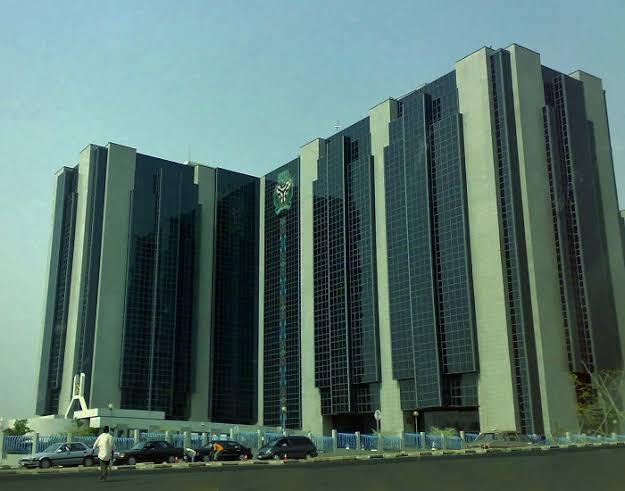In a stirring keynote address at the 36th Seminar for Finance Correspondents and Business Editors held in Abuja, Ms. Emem Usoro, Deputy Governor, Corporate Services of the Central Bank of Nigeria (CBN), reaffirmed the apex bank’s strong commitment to the ongoing banking sector recapitalisation as a vital step toward Nigeria’s aspiration of becoming a one trillion-dollar economy.
Speaking on the seminar theme, “Playing the Global Game: Banking Recapitalisation Towards a One-Trillion Dollar Economy,” Usoro described the topic as timely and critical to repositioning Nigeria’s financial system to compete globally. She noted that the global financial landscape has become increasingly complex, driven by globalization and recent protectionist policies, particularly from major economies like the United States.
“The financial system’s size and quality play critical roles in powering and financing an economy,” Usoro said. “To be globally competitive and fund national development, Nigeria’s banks must grow, expand and deepen through deliberate recapitalisation efforts.”
Recalling the success of the 2004 banking consolidation exercise that raised the minimum capital base to N25 billion and reduced banks from 89 to 25, she emphasized that new realities call for bolder reforms. “If the protectionist approach in big economies continues to dominate the global system, Nigeria must act decisively to ensure its banks remain resilient and stable enough to finance its development ambitions,” she added.
With Nigeria’s economy currently valued at around $250 billion, the push toward a $1 trillion GDP will require coordinated effort, clear policies, strong stakeholder commitment, and a well-capitalised banking sector capable of supporting massive investments in infrastructure, industry, and innovation.
Usoro called on all stakeholders—regulators, industry players, and the media—to collaborate effectively in communicating and executing the recapitalisation roadmap. She said the CBN views the media as crucial in shaping public understanding and policy reception, especially as it relates to complex economic reforms.
“The recapitalisation of banks will not only enhance financial intermediation but also promote healthy competition, strengthen the payment system, and usher in a more robust financial architecture,” she noted.
She expressed hope that the seminar would generate impactful recommendations that will shape policy direction and deepen understanding of the journey towards achieving Nigeria’s trillion-dollar economy goal.














